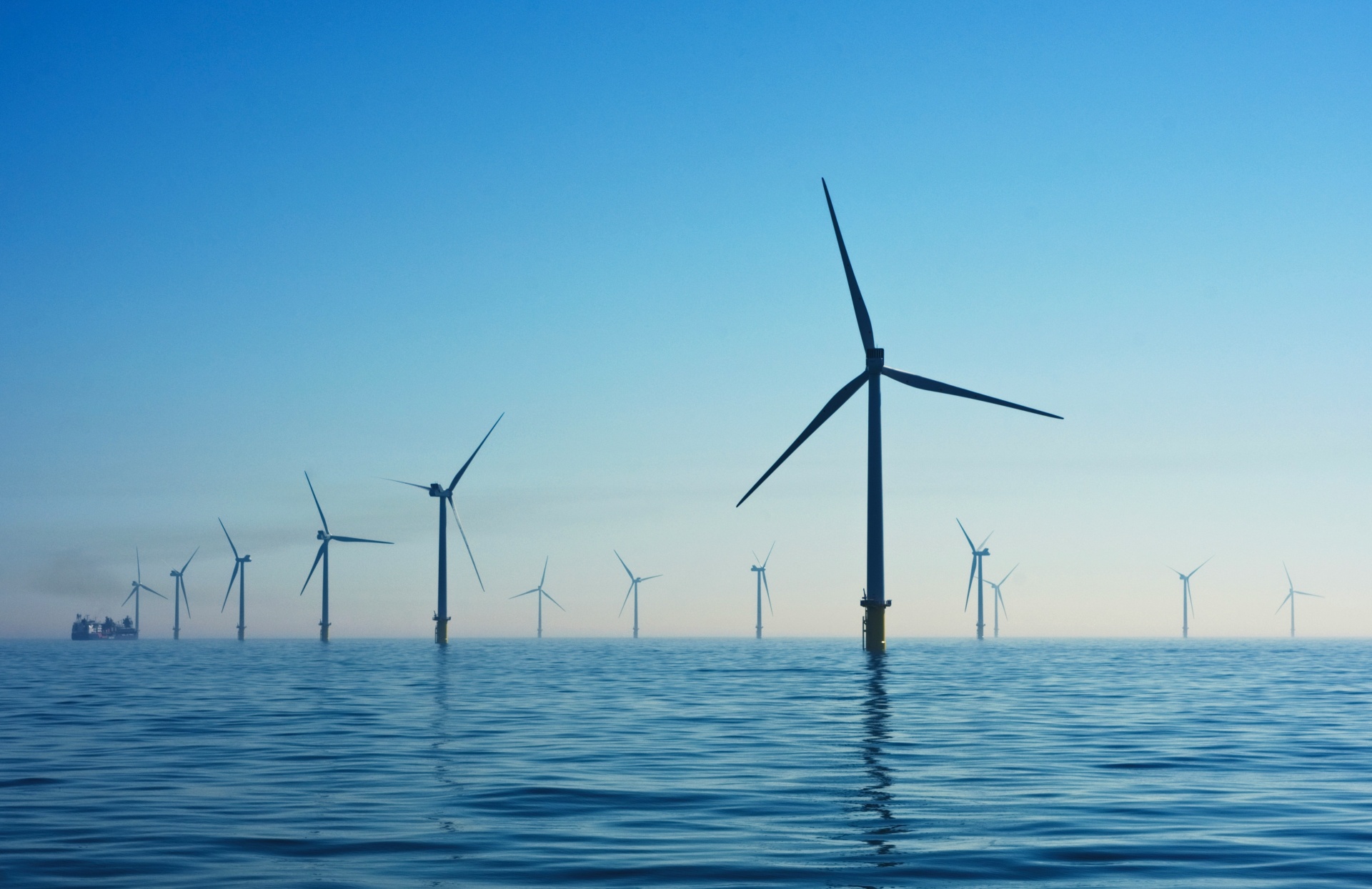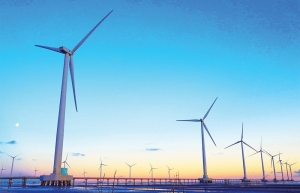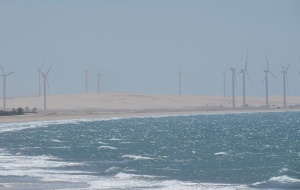Norway’s Equinor pulls out of Vietnam’s offshore wind market
 |
The move is part of the company's efforts to refocus its portfolio, amid ongoing political upheaval in the Southeast Asian country and uncertainties over the company's development path.
Equinor has decided to end its business development in Vietnam and close its Hanoi office that was geared to offshore wind, its spokesperson told Reuters.
The company has already withdrawn from more than a dozen fossil fuel projects to concentrate on renewable energy and low-carbon systems.
Despite the abundant potential, offshore wind power projects in Vietnam face hurdles due to legal uncertainties and ambiguities.
Last year, Danish offshore wind giant Ørsted A/S also paused its multi-gigawatt offshore wind plans in Vietnam due to regulatory challenges.
To date, Vietnam has not initiated any true offshore wind projects and has only developed intertidal wind projects situated near the shore, thus the target of installing 6GW of offshore wind capacity by 2030 presents considerable challenges, according to the Global Wind Energy Council (GWEC).
 | Measures for offshore wind must be carried out rapidly Vietnam’s ambition to achieve 6GW of offshore wind capacity by 2030 is increasingly adrift, with not enough work carried out on legalities and developer support. |
 | MoIT report addresses offshore wind project concerns Despite the ambitious targets set out by the Power Development Plan VIII, no offshore wind projects have yet been approved or assigned to investors. |
 | Progress demanded for offshore wind The Ministry of Industry and Trade has proposed that two state-owned energy corporations or military-run units be selected to develop offshore wind power projects, although the sector is still struggling with complex processes. |
What the stars mean:
★ Poor ★ ★ Promising ★★★ Good ★★★★ Very good ★★★★★ Exceptional
 Tag:
Tag:
Related Contents
Latest News
More News
- Vingroup consults on carbon credits for electric vehicle charging network (January 28, 2026 | 11:04)
- Bac Ai Pumped Storage Hydropower Plant to enter peak construction phase (January 27, 2026 | 08:00)
- ASEAN could scale up sustainable aviation fuel by 2050 (January 24, 2026 | 10:19)
- 64,000 hectares of sea allocated for offshore wind surveys (January 22, 2026 | 20:23)
- EVN secures financing for Quang Trach II LNG power plant (January 17, 2026 | 15:55)
- PC1 teams up with DENZAI on regional wind projects (January 16, 2026 | 21:18)
- Innovation and ESG practices drive green transition in the digital era (January 16, 2026 | 16:51)
- Bac Ai hydropower works stay on track despite holiday period (January 16, 2026 | 16:19)
- Fugro extends MoU with PTSC G&S to support offshore wind growth (January 14, 2026 | 15:59)
- Pacifico Energy starts commercial operations at Sunpro Wind Farm in Mekong Delta (January 12, 2026 | 14:01)





















 Mobile Version
Mobile Version